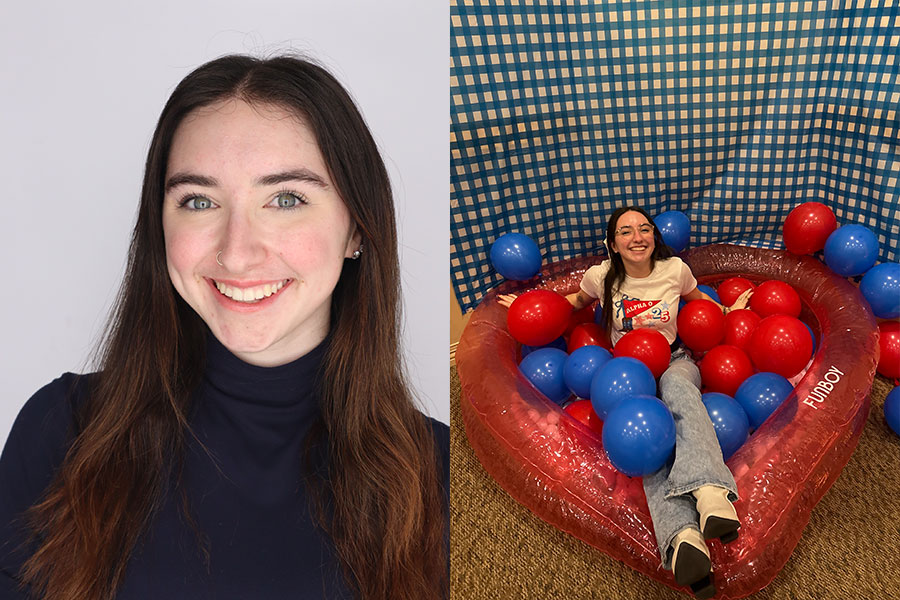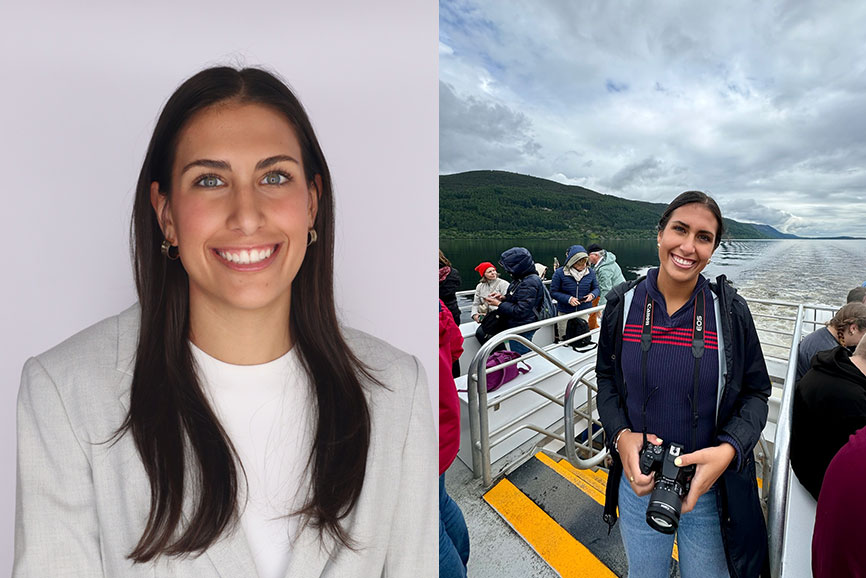
Department of Media, Journalism, and Film
Inquiry. Discovery. Creativity. Practice.
The Department of Media, Journalism & Film (MJF) prepares students for long-term career success as creative, collaborative and ethical storytellers. Students learn from expert faculty and staff engaged in award-winning communication and media research and production. MJF provides students with the intellectual space to engage in critical thinking, cultivate media literacy and develop media production skills to positively impact the world.
Because all careers are media careers
Today’s employers are looking for critical thinkers who can navigate a complex world--interpreting, managing, and producing effective mediated communication. The Department of Media, Journalism & Film combines a rigorous humanities education with real-world media skills, outstanding networking, and internship opportunities, preparing students for jobs in--and beyond--the media industries.
Our Undergraduate Programs

Film Studies

Journalism

Media and Communication

Strategic Communication
Meet the Journalist, Editors, Film-Makers and Creators of Tomorrow

Media, Journalism, and Film • Political Science • Sociology and Gerontology

Statistics • Media, Journalism, and Film

Menard Center • Menard Family Center for Democracy • French, Italian, and Classical Studies • Media, Journalism, and Film • Political Science
MJF News
Events of Interest
Our Mission
The Department of Media, Journalism and Film gives students a one-stop spot to study all forms of media. The beauty of our department is its breadth of analytical and hands-on courses and opportunities. These help students think critically about the changing media world while producing cutting-edge work. We are a part of Miami’s College of Arts and Science.
- MJF believes in educating students broadly as critical thinkers and capable writers, while also grounding them in cutting-edge media creative and production skills.
- MJF offers undergraduate majors in Media and Communication (formerly Media & Culture), Journalism and Strategic Communication; and a co-major in Film Studies.
- MJF teaches hands-on skills in TV and radio production, scriptwriting, multimedia reporting, public speaking and public relations.
- MJF teaches students skills they can use off-campus to our study away programs in Hollywood, New York City, Washington, D.C.; as well as dozens of regional internships.
- MJF facilities include a professional TV studio, radio studio, many computer labs, and the newest media equipment and production software.
- MJF extra-curricular opportunities include a student-run TV and radio stations, newspapers, magazines and journals each with their own high-tech facilities.
Give to the Department of Media, Journalism, and Film
Help us prepare the next generation of leaders in the fields of media, journalism, and film —and our society as a whole. We have numerous scholarships, grants, and programs accepting contributions from donors like you.